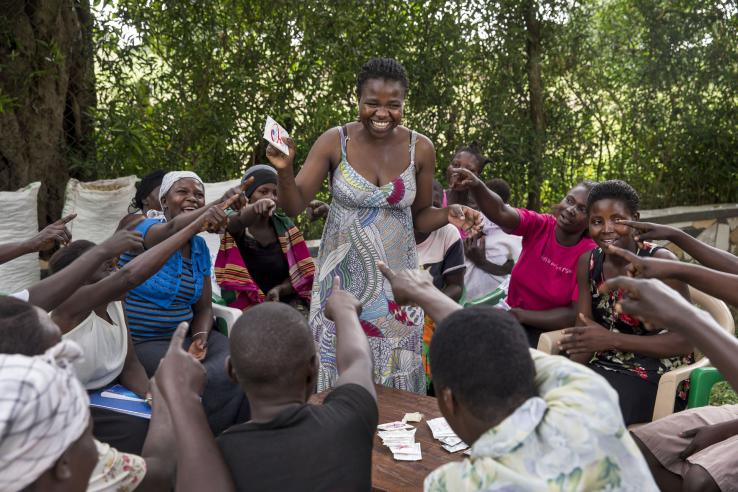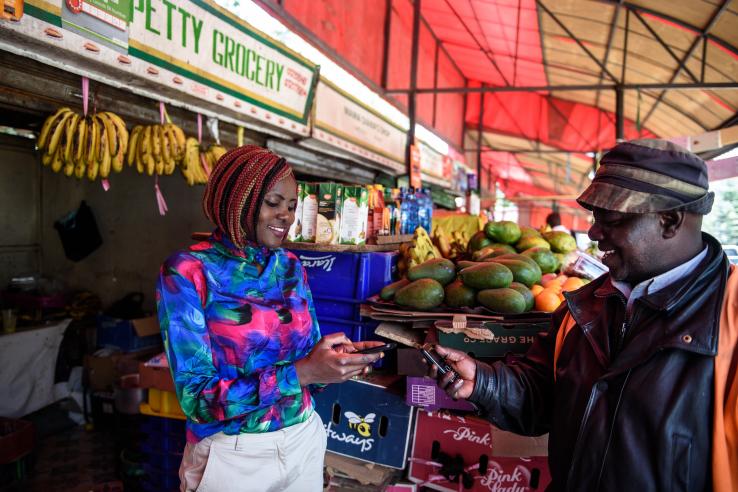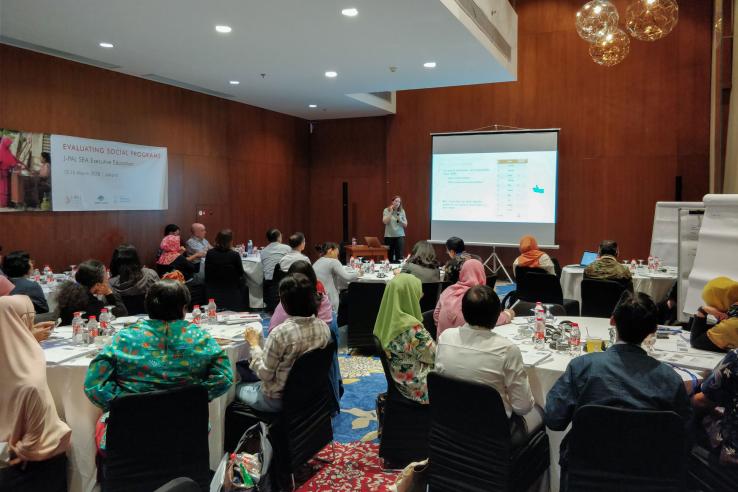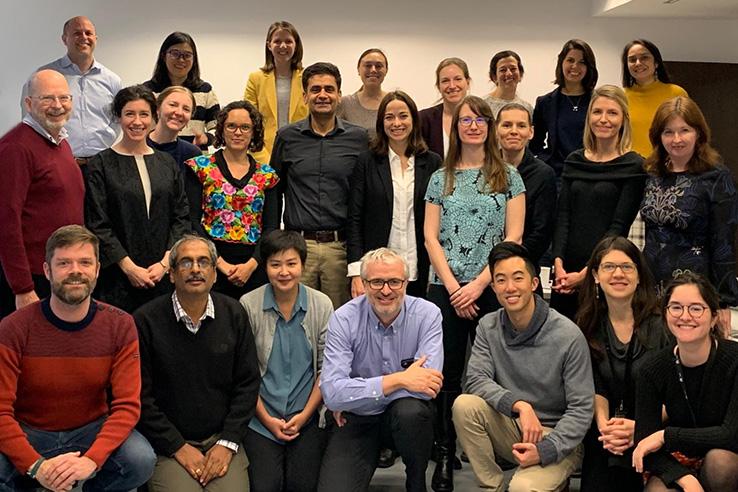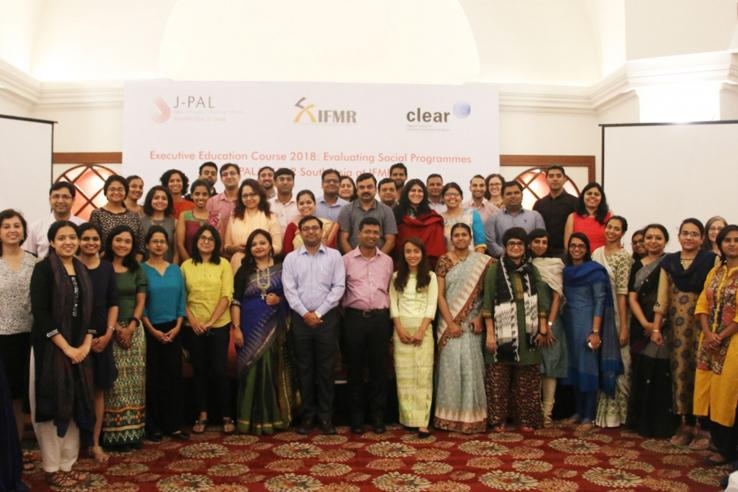Displaying 3526 - 3540 of 8335
Person
Person
Shawn Cole is the John G. McLean Professor of Business Administration at Harvard Business School. His research examines agriculture, corporate finance, banking, and consumer finance in developing countries.
Initiative Resource
Initiative projects and documents
Resource
Basic page
This literature review draws from 160 randomized and natural experiments in low and middle-income countries to distill key lessons on what we know about supporting women’s agency based on quantitative evidence.
Person
Person
Leonardo Bursztyn is a Saieh Family Professor of Economics at the University of Chicago. His research focuses on understanding how individuals make schooling, political, and financial decisions, and, in particular, how these decisions are shaped by individuals' social environment.
Blog
Local researchers often have a uniquely deep understanding of the context in which they work, which is key to developing well-grounded evaluations. The J-PAL Africa team, including DigiFI Africa led by Tavneet Suri, are committed to providing a mechanism for local African scholars to drive the...
Evaluation
Researchers conducted a randomized evaluation in East Java, Indonesia to investigate the impact of the level and transparency of financial incentives on the take-up of these new banking services. They found that larger incentives caused an increase in take-up, but only when the incentives were not publicized among the community. When incentives are made public, higher incentives instead have no effect on take-up, despite greater agent effort.
Person
Michael Callen is an Associate Professor at the London School of Economics. His recent work uses experiments to identify ways to address accountability and service delivery failures in the public sector, working primarily in Afghanistan and Pakistan
Person
Rohit Naimpally is a Policy and Research Manager at J-PAL North America where he works with governments, non-profit organizations, foundations, and private enterprises to develop rigorous evidence on policies and programs that impact poverty.
Event
The Covid-19 pandemic has thrown into sharp focus the importance of workers’ rights and workplace protections globally. Women, in particular, are bearing the brunt of the hardship and are disproportionately impacted by the pandemic. Join us for a webinar, featuring new research and lessons from...
Blog
J-PAL Global Executive Director Iqbal Dhaliwal reflects on 2020 and how J-PAL will continue to build on lessons learned during this challenging year in his annual letter.
Event
Applications to J-PAL South Asia's annual Executive Education course are now open. This five-day in-person training gives participants a thorough understanding of why and when researchers and policymakers might choose to conduct randomised evaluations and how randomised evaluations are designed in...
